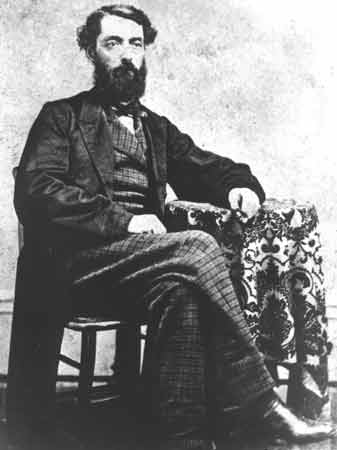

The immensely important main idea of his report was that distilled petroleum burned far brighter than any fuel on the market, except those that were far more expensive and less efficient. He was asked to do this as one of the most prominent chemists of his time, and his report on the subject afterwards had extremely far-reaching influences. "Benjamin Silliman Jr.’s primary contribution to the chemical world, and certainly the world as a whole, involved the fractional distillation of petroleum, analyzed mainly for the purpose of its qualities of illumination. Enter Benjamin Silliman Jr., professor of chemistry at Yale University. But they needed someone- an important, well-respected scientist whose name they could attach to their financial venture, to research the material to find out whether or not it could be used in such a manner. Yet Bissell and Eveleth, after realizing how flammable the liquid was, believed there was great money to be made in producing rock oil commercially, marketed as lamp fuel and such. At the time, rock oil was nothing but a smelly hindrance to the well-diggers of the region, with some limited medicinal properties. They thought there was a possibility of the crude “rock oil” (now petroleum) that had been cropping up in western Pennsylvania being used as an illuminatory substance.

However, George Bissell, a lawyer from New York, and his partner Jonathan Greenleaf Eveleth had a revolutionary idea. "In the 1850s the market for light-producing liquid fuels was dominated by coal oil and by an increasingly inadequate supply of whale oil. Bissell and Jonathan Greenleaf Eveleth, founders of the Pennsylvania Rock Oil Company (later Seneca Oil Company), and American driller (Colonel) Edwin Laurentine Drake, drilled the first successful oil well in Titusville, Pennsylvania, beginning the American petroleum industry.


 0 kommentar(er)
0 kommentar(er)
